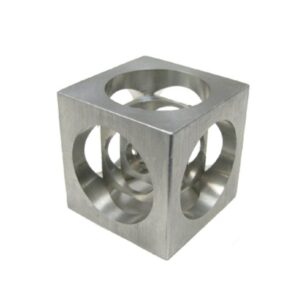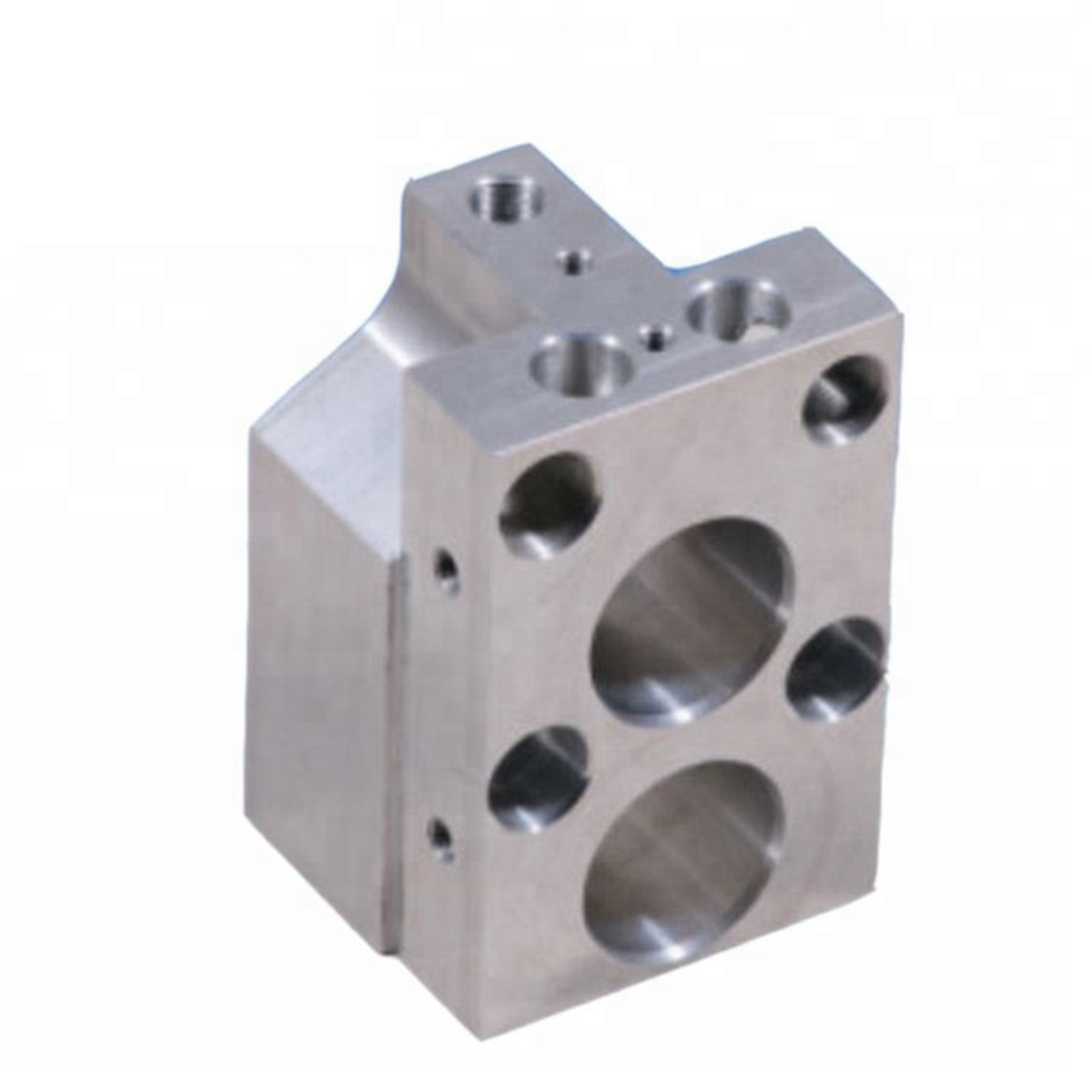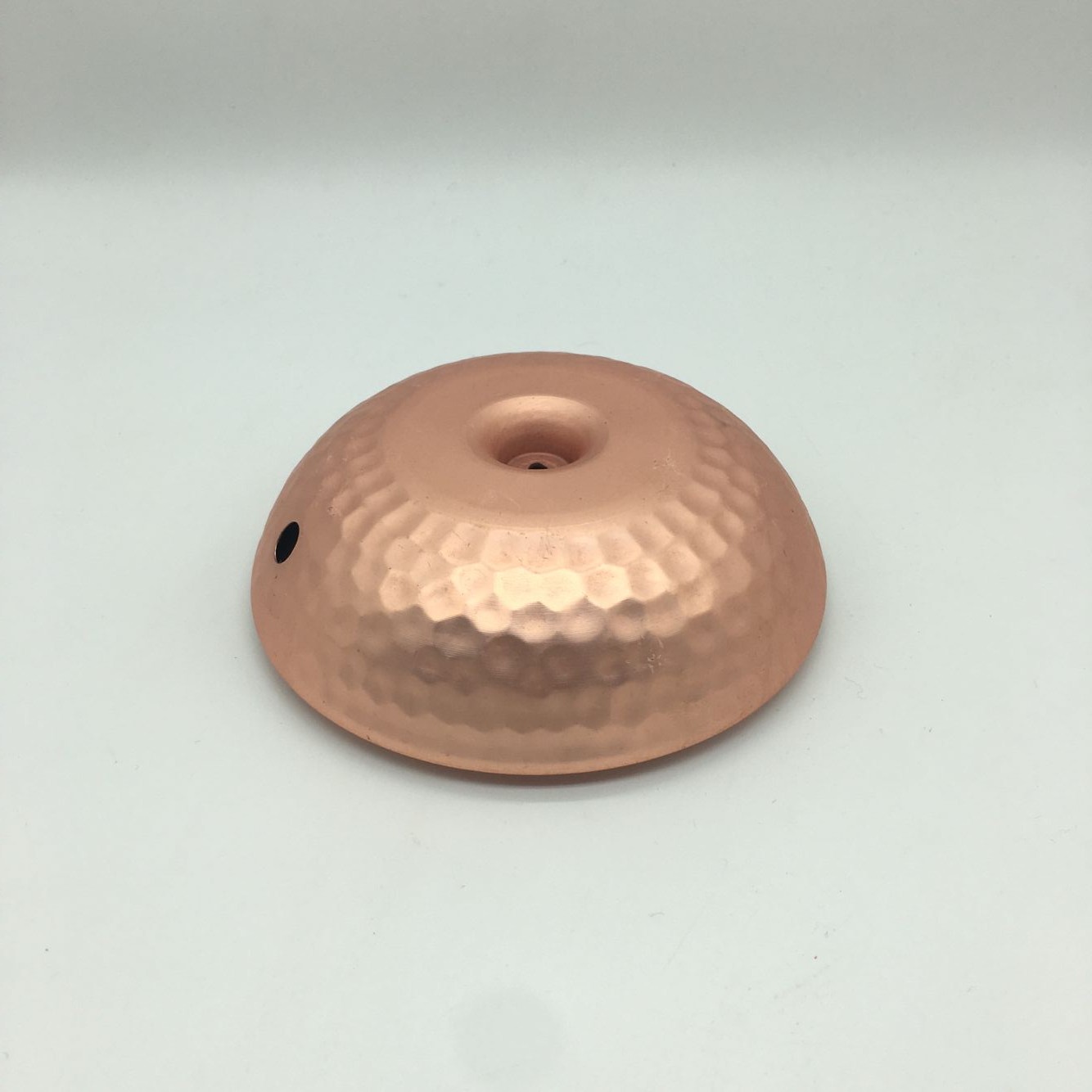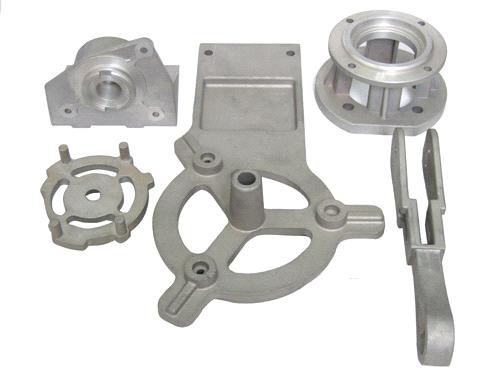Several types of steel alloys are commonly used for CNC machining due to their specific properties that make them suitable for different applications. Here are some commonly used steel alloys in CNC machining:
• 303 Stainless Steel: Known for its excellent machinability, 303 stainless steel is often used for parts requiring extensive machining. It offers good corrosion resistance.
• 304 Stainless Steel: It provides good corrosion resistance and is suitable for machining operations.
• 316 Stainless Steel: Known for its enhanced corrosion resistance, commonly used in marine and chemical processing applications. It is also machinable but may pose some challenges compared to 303 or 304.
• 1018 Steel: A general-purpose low-carbon steel with good machinability.
• 1045 Steel: A medium-carbon steel that is stronger and harder than 1018 steel, suitable for parts requiring higher strength and wear resistance.
• 4140 Alloy Steel: This chromium-molybdenum alloy steel is known for its high strength and toughness, often used for components in the automotive and aerospace industries.
• 4340 Alloy Steel: Known for its exceptional toughness and fatigue resistance, commonly used in applications such as gears and aircraft components.
• 8620 Alloy Steel: A low-alloy case-hardening steel known for its high surface roughness, often used for gears and other components that require a hard outer layer.
These are just a few examples, and there are many other steel alloys with varying properties suitable for CNC machining. The specific requirements of your project, such as strength, corrosion resistance, or machinability, will determine the most appropriate steel alloy for your CNC machining application.






